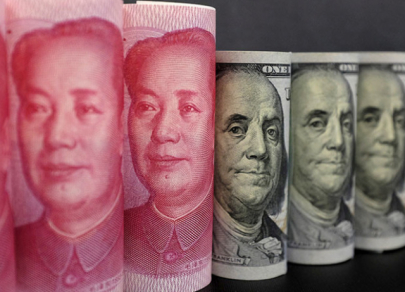FX.co ★ Top 5 most popular currencies
Top 5 most popular currencies
US dollar
The US dollar is recognized as the outright winner of the list. SWIFT reported that the average daily volume of transactions involving the US dollar amounts to $2.2 trillion. The greenback has been considered the most traded global currency for a long time. Almost all assets traded in global financial markets are denominated in dollars. Besides, the US dollar is acknowledged to be the world’s top reserve currency. It means that central and commercial banks in different countries hold reserves in dollars for investments and daily transactions. The greenback is present in almost 90% of forex transactions on a global scale.
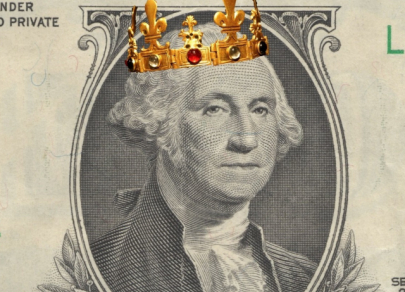
Single European currency
Experts define the euro as the second-popular currency in the world. The euro obtained the status of the official currency in early 1999. Nowadays, the euro is in circulation in 19 of 27 countries in the EU. It is issued and secured by the ECB. Payments conducted in euros greatly facilitate trans-border transactions. According to SWIFT, daily transactions with the euro equal $800 million on average. Payments in the shared currency are accepted in most EU countries. The euro gives the members of the currency union a weighty advantage: payments for goods and services in those countries without exchange for other currencies. However, it entails a disadvantage: the centralized governance over the monetary policy that is common in all EU states without taking into account the specifics of a particular country.
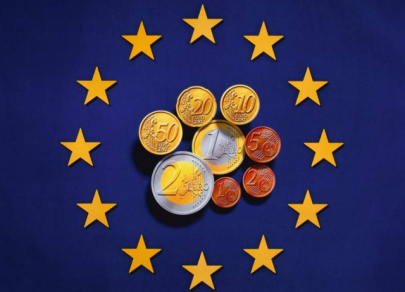
Pound sterling
The pound sterling is viewed by experts as the third significant currency. It is also the most ancient currency still circulated nowadays. The British pound, the official currency of the United Kingdom, traces its origins back to 775 AD. The pound was issued in Anglo-Saxon England. It was a monetary unit equivalent to 1 pound of silver. The sterling secured by the Bank of England is the landmark currency in international trade. It has gained popularity as one of the major reserve currencies with an average daily turnover of more than $325 million. Being the specimen of reliability, the British pound has won the trust of central and commercial banks.
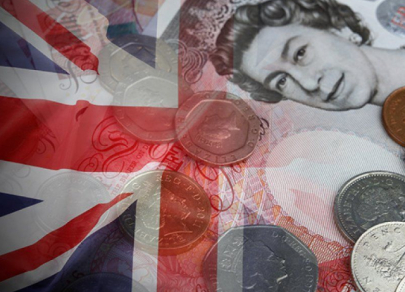
Japanese yen
The yen is the fourth most-traded currency in the world. The yen worth $550 million is processed daily through the SWIFT payment system. Besides, the yen accounts for 4.9% of international forex reserves. The yen issued by the Bank of Japan is considered a time-proven safe-haven asset because of ultra-low interest rates, Japan’s moderate public debt, and a considerable trade surplus. These factors showcase the stability of Japan’s economy and the national currency. Analysts say that the yen is the driver of the carry trade strategy. Investors borrow the yen at low interest rates and re-invest in higher-yielding currencies. As a result, they gain high profits from their investments. Forex traders seek shelter in the yen in times of market turbulence and uncertainty. In such an environment, they rush to sell risky and high-yielding assets and revise their portfolios in favor of the steady yen.
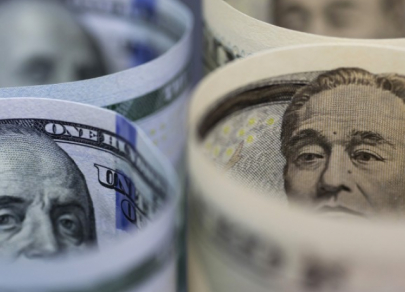
Chinese yuan
The renminbi ranks 5th on the list of the most popular currencies. SWIFT reports that its share in international transactions has been steadily expanding. The trading volume in the Chinese yuan totaled nearly 2% in 2022 whereas it more than doubled to 4.5% in 2023. Financial Times analysts say that in terms of trading volume, the yuan is catching up with the euro whose share now amounts to 6%. Analysts admit that the yuan’s growing share in global trade immensely benefits Beijing which pursues the policy of the renminbi’s dominance on a global scale. Experts reckon that the yuan’s increasing use in global trade serves as a challenge to the West that runs a sanction war against Russian and some Asian financial companies and institutions. Apart from the extensive use of the renminbi in trade with Russia, higher borrowing costs in the US also set the stage for its international recognition. Beijing strives to ensure the international use of its currency. China notched success, especially in South-East Asia, the Far East, and Latin America. This policy is expected to support China in its geopolitical standoff with the US.
